Tea for kombucha brewing – how to choose?
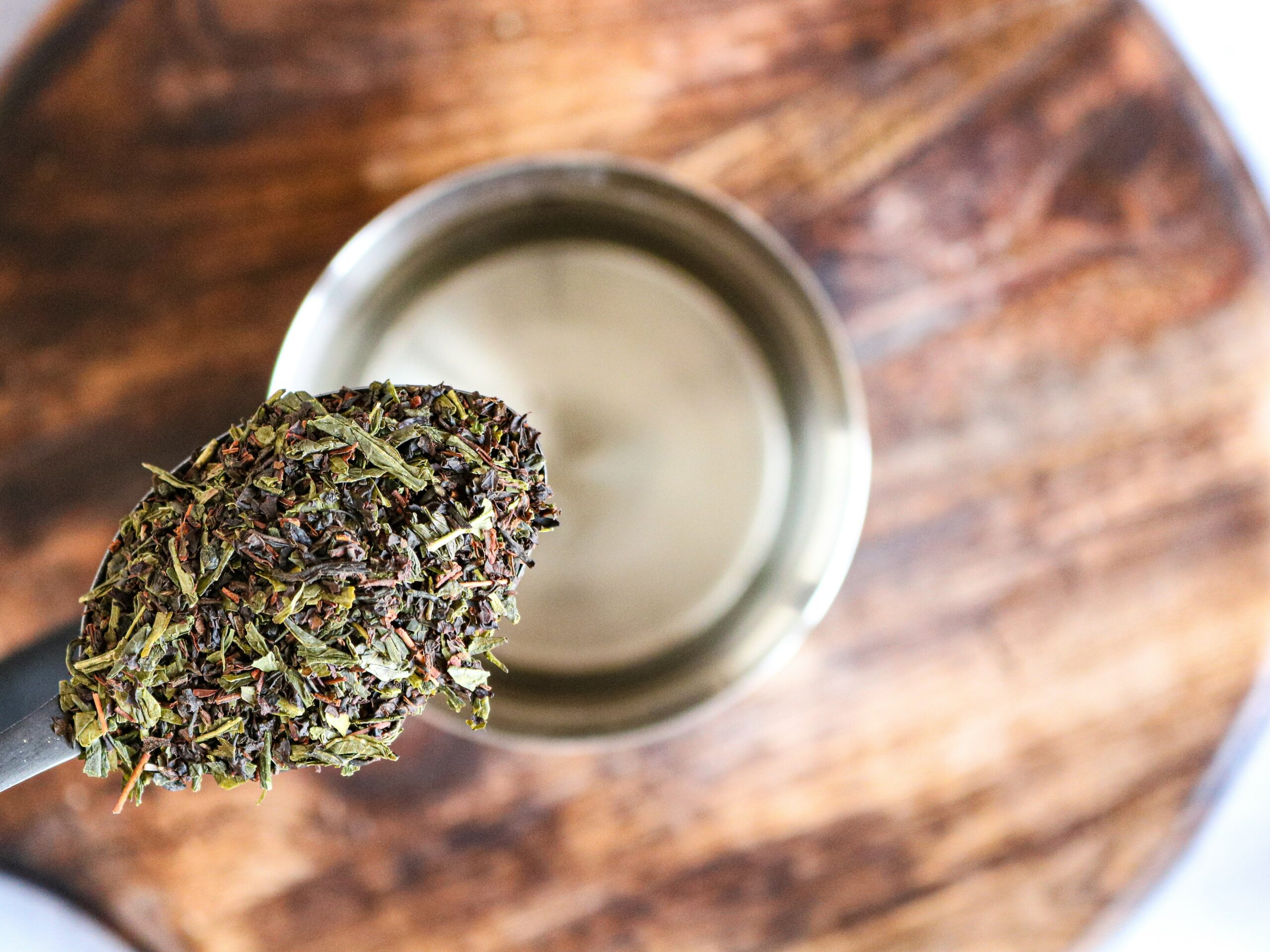
Choosing the right tea for kombucha is a very important step when you decide to ferment. It’s not something you can just ignore since it affects the final taste tremendously.
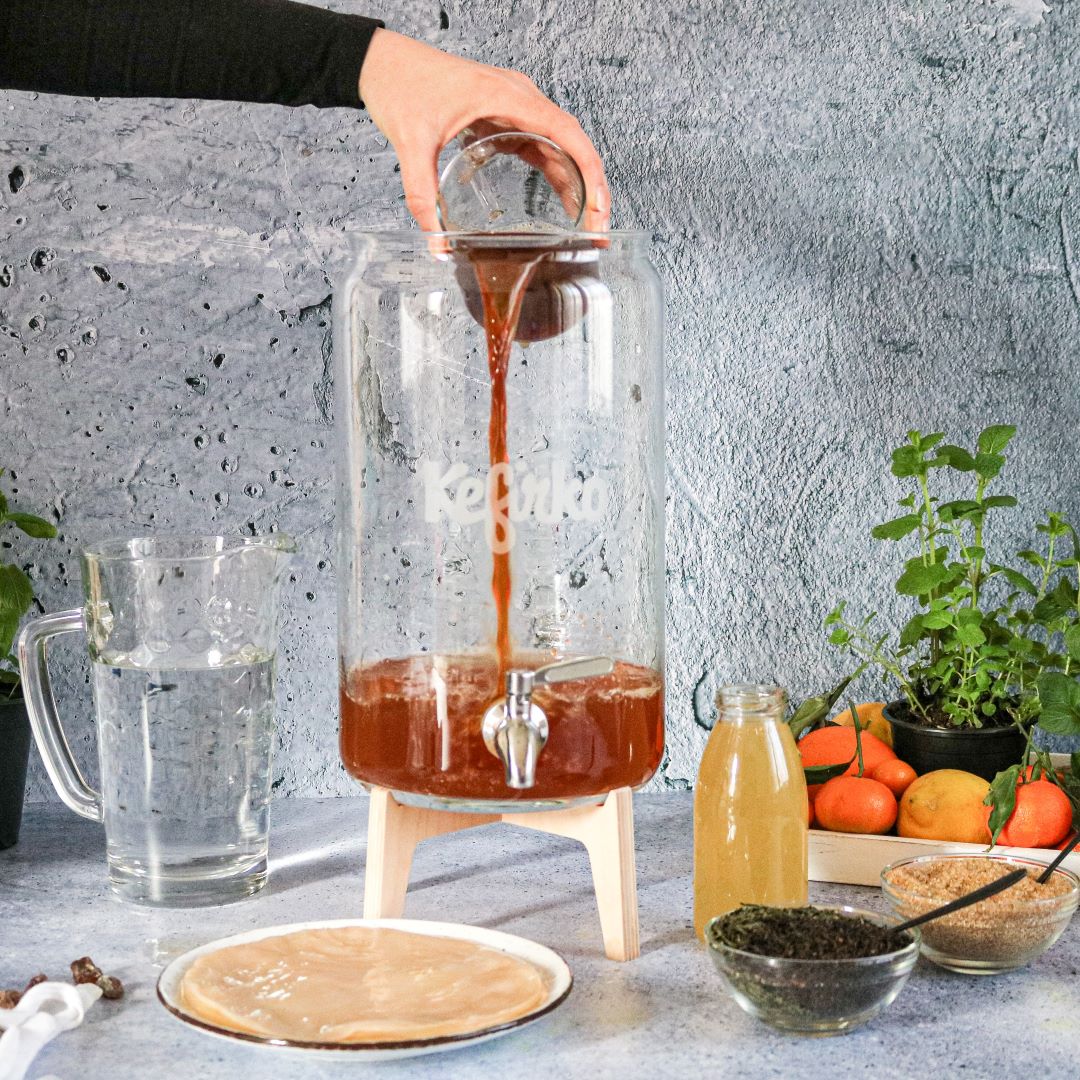
Firstly, you should use real tea leaves that are derived from a tea plant named Camellia synesis. Leaves and buds from this plant are used to produce black, green, oolong and white tea. Those tea leaves are full of beneficial components that are necessary for SCOBY growth and successful fermentation.
Secondly, tea leaves should be from organic production. Regular tea can be covered with harmful chemicals and pesticides, which would be released in hot water when preparing tea for kombucha. This can inhibit the growth of SCOBY. Kombucha could also be potentially dangerous to consume.
Black, green or oolong … How to choose correctly?
BLACK TEA
It is considered the best tea for kombucha, especially for beginners. Those tea leaves are fully oxidized therefore, black tea has a stronger flavour and it contains most nutrients necessary for SCOBY growth and fermentation processes. It also provides best brewing conditions and most consistent pH. Black tea kombucha has a rich, caramelly flavour, similar to cider.
There are several varieties of black tea. Most common types that work best in kombucha are Ceylon and Darjeeling. From our experience, Darjeeling black tea gives the best results. The tea leaves have a flowery scent that is distinct and bright. The colour of the brewed tea is light and clear. Due to their freshness, colour and mild sweetness, the first flush teas are commonly more luxurious than the other flushes.
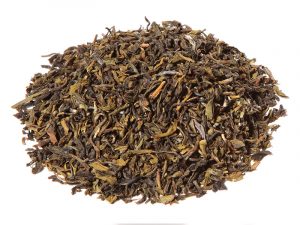
GREEN TEA
It is minimally oxidized and has milder flavour than black tea. Kombucha has a fresh, citrusy and slightly fruity flavour.
Our green tea choice is the first flush of Sencha. It is harvested in spring, leading to higher theine content and a lot of antioxidants. First flush, spring picked Sencha is also considered to be the most delicious and fine version of the tea. Finished tea has yellowish-green colour and grassy, sweet and mildly astringent flavour. It is a perfect blend of bitter and sweet.
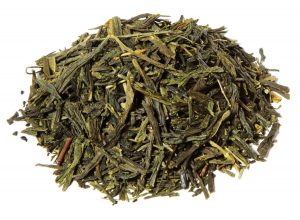
WHITE TEA
Obtained from baked, dried and minimally oxidized tea leaves. Kombucha made with white tea has flowery and delicate flavour with a slight aroma of vanilla and roses.
It is not recommended for the activation period or for the first few batches of kombucha. It contains far less caffeine and tannins as black tea. Therefore it does not provide ideal conditions for SCOBY growth. Later, when the culture is strong enough, it can be used in combination with black or oolong tea.
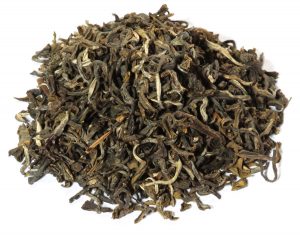
OOLONG TEA
Same as with white tea, oolong is partially oxidized. Kombucha from it has a milder, fresh and grassy-fruity flavour.
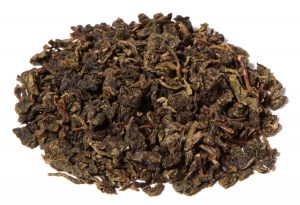
What about herbal tea for kombucha?
LEMON BALM
Most herbal teas cannot be used as tea for kombucha due to the lack of some nitrogen compounds that are necessary for SCOBY growth. However Lemon balm can be successfully used as a nitrogen source for kombucha fermentation.
The use of lemon balm for kombucha fermentation can yield a beverage with improved functional characteristics compared to one prepared with black tea. Lemon balm kombucha has significant antioxidant and antimicrobial activities.
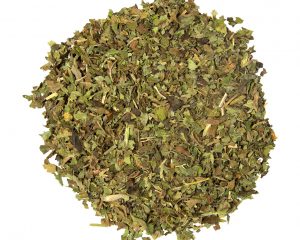
HIBISCUS
While most herbal teas are not appropriate for fermentation, Hibiscus is. Kombucha made with it has tart, floral flavour. It is also high in antioxidants. It is possible to make hibiscus kombucha in the first or second fermentation.
First fermentation: same as with black tea, we only replace black with hibiscus tea
Second fermentation: add hibiscus in airtight bottles with kombucha then ferment 3-5 days, until it reaches a desired carbonation. It works amazingly together with Rosehip.
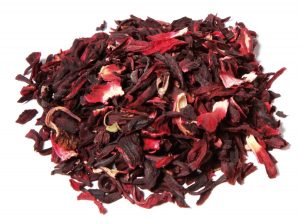
MINT
Generally it is not recommended brewing with Mint tea, because of the high content of essential oils. Those can damage kombucha culture and encourage mold growth. However, it is possible to use this tea for kombucha when mixed with black and green tea to provide caffeine and tannins to keep SCOBY healthy and promote proper yeast-bacteria ratio in the brew. We recommend you to use 2 parts of black and green tea blend and one part of mint tea. Make sure you use real mint tea.
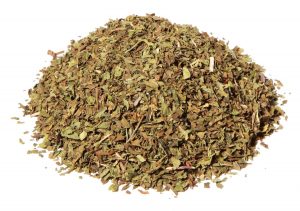
Hope this article helps you to pick the right tea for kombucha or to experiment with something new.
There is a selection of teas available in our web shop.
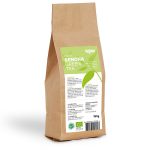
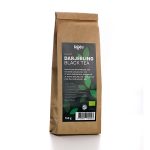
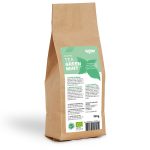
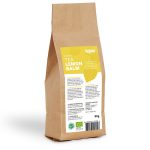
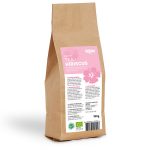
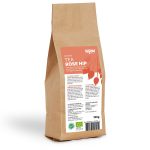
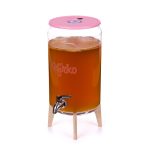
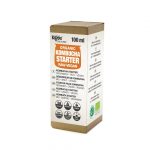


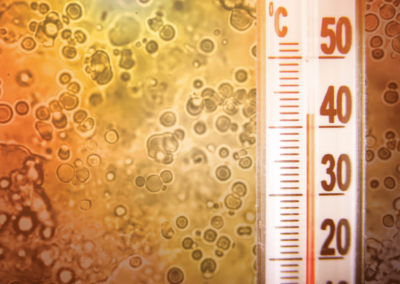
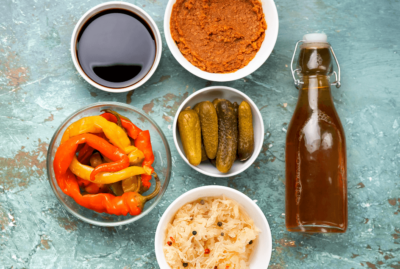

For the past 5 months, I’ve been buying ready-made kombucha from the Mr. Lemonade website – https://www.mrlemonade.co.uk/collections/kombucha, which is delicious. Recently, I also tried making it myself and used hibiscus tea, and it turned out great!